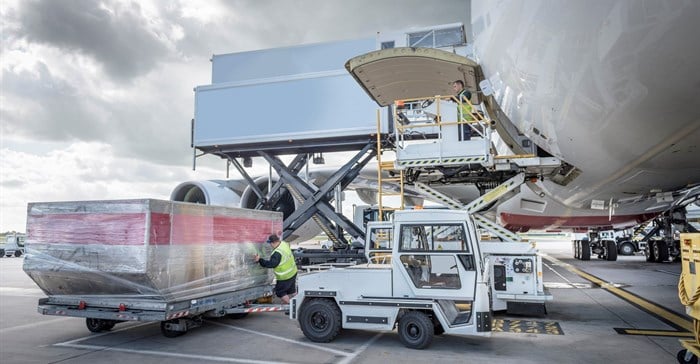SAAFF Summit tackles Covid-19 vaccine supply chain delivery challenges

"Supply chain robustness, readiness and agility are key to efficiently deploying Covid-19 vaccines in line with defined vaccination strategies," says Dr Maria du Preez, business development director: Bidvest International Logistics and Chair of SAAFF’s Gauteng Chapter. Du Preez will be moderating the session.
Complex supply chains
Du Preez describes the vaccine roll-out as “the biggest supply chain challenge the world has ever seen”. These are documented in the guidelines supplied by the World Health Organisation and UNICEF. Factors that need to be considered in the supply chain include:
• Adequate skills to manage the vaccine cold chain and supply chain, to ensure procedures unfold according to standard operating procedures (SOPs).
• Strict management protocols to ensure integrity of the Covid-19 vaccines and ancillary products throughout the supply chain.
• All the vaccines need to be traceable to counter any falsification or diversion of the vaccines.
• Initial batches of Covid-19 vaccines may be in short supply and have a limited shelf life. Rigorous and efficient monitoring mechanisms are required to ensure cold chain equipment (CCE) temperature monitoring, vaccine distribution and inventory management.
• Safety plans to safeguard the stock, warehousing and distribution.
• Effective waste management which should include training, employment of waste handlers, bins and ensure treatment technologies are in place prior to vaccine deployment, including private sector support.
Unique challenges
In addition to these, South Africa faces unique complexities in the roll-out. “Our demographic spread is a challenge,” explains du Preez. “Most people are situated in Gauteng, the smallest province. Our largest province, the Northern Cape, has the fewest people. We also do not have an even distribution of hospitals and health care facilities.” She adds that the lack of reliable data has complicated the planning required for a successful vaccine roll-out.
“Our country’s lack of infrastructure and a shortage of trained healthcare workers compound the situation,” she continues. “Despite these mounting challenges, however, we have witnessed Government’s willingness to work with the private sector – with great results!”
The Summit panel which will debate this topic includes Dr Stavros Nicolau - head, Health Working Group: B4SA, Cas Coovadia - CEO: Business Unity South Africa (BUSA), Lizeth Kruger - National Clinic Manager: Dis-Chem, Dr Ronald Whelan - chief commercial officer: Discovery Health and Dr Nicholas Crisp, Deputy director-general: National Health Insurance, National Department of Health.